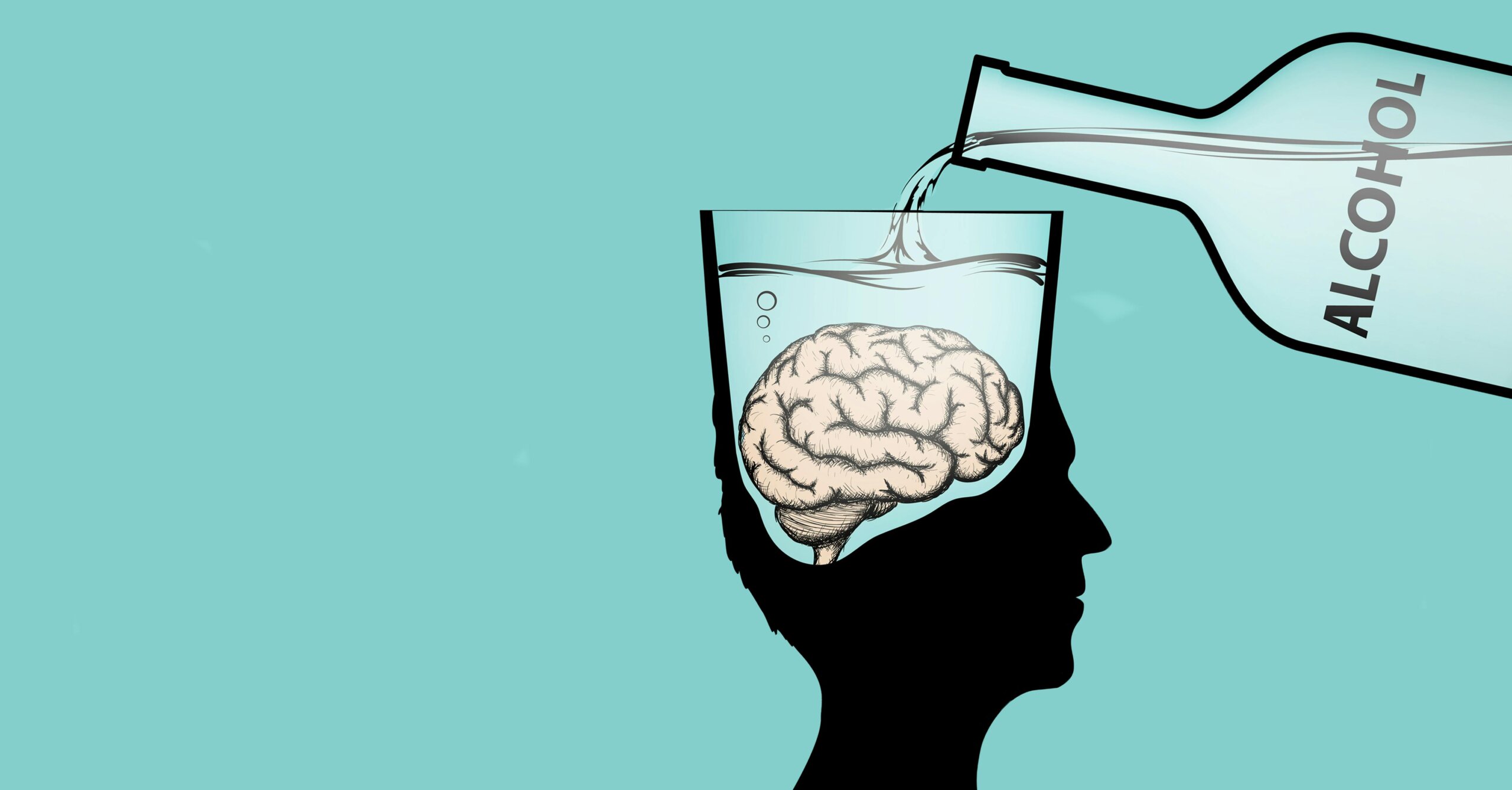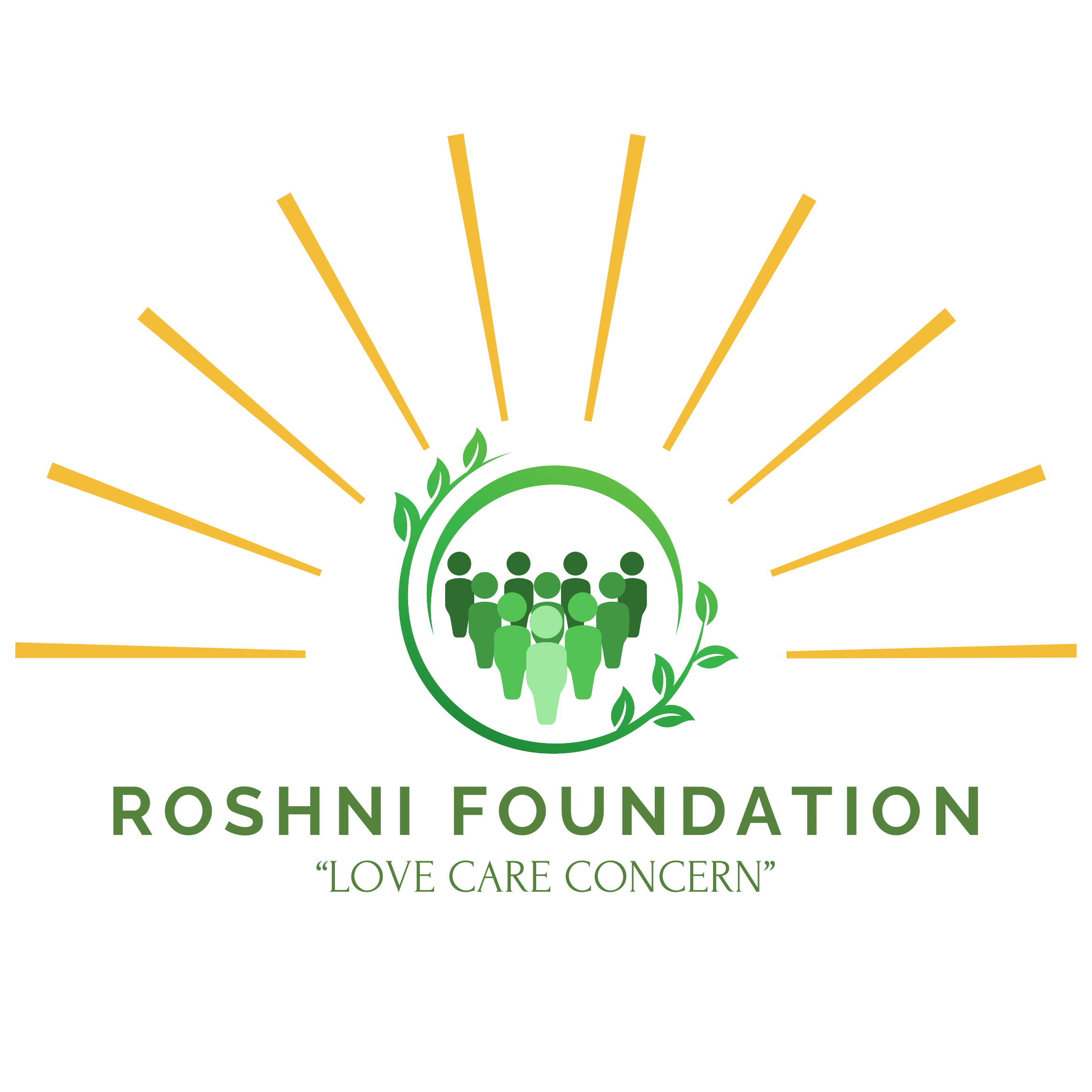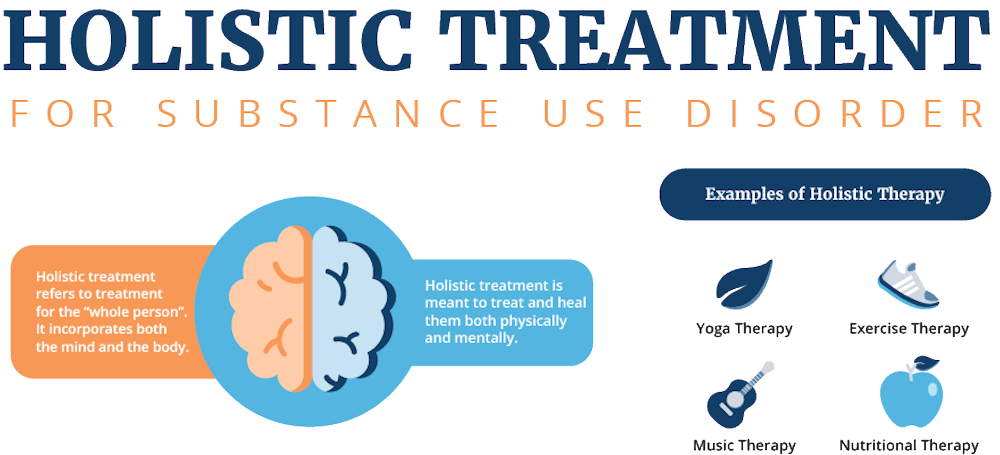Addiction recovery is more than just eliminating the substance; it’s about healing the mind, body, and spirit. In recent years, holistic addiction recovery methods have emerged as powerful tools in de-addiction programs. Among them, yoga and meditation have gained prominence for their ability to promote calm, reduce cravings, and rebuild inner strength.
At Roshni Foundation, considered one of India’s best rehab centre networks, we’ve integrated yoga and meditation into our therapy programs to support whole-person healing. This article explores how these ancient practices complement modern rehabilitation approaches and why they are essential in any comprehensive recovery plan.
Why Holistic Methods Matter in Addiction Recovery
Traditional recovery focuses on physical detox and psychological therapy. However, many people find that recovery also requires spiritual grounding, emotional peace, and daily balance—this is where holistic addiction recovery methods shine.
Benefits of holistic approaches:
-
Reduce anxiety and depression
-
Strengthen the nervous system
-
Improve emotional regulation
-
Enhance self-awareness and discipline
-
Lower the risk of relapse
By restoring balance, holistic addiction recovery methods like yoga and meditation help individuals stay clean not just physically, but mentally and emotionally as well.
How Yoga Helps During Recovery
Yoga is more than a form of exercise—it’s a science of mind-body union. When applied during addiction recovery, yoga works on multiple levels:
1. Stress Reduction
Withdrawal and post-acute withdrawal syndrome (PAWS) often come with stress, insomnia, and mood swings. Regular yoga practice reduces cortisol levels and calms the mind.
Poses for stress:
-
Child’s Pose (Balasana)
-
Legs-Up-The-Wall (Viparita Karani)
-
Forward Fold (Uttanasana)
2. Physical Healing
Drug and alcohol abuse weaken muscles, affect digestion, and create joint pain. Yoga gently strengthens the body without strain.
Holistic addiction recovery methods emphasise physical movement to release stored toxins and tension.
3. Improved Sleep and Routine
Yoga aligns the body’s internal clock, helping establish healthy sleep-wake cycles. This is critical in early recovery when insomnia is common.
Pranayama (breathing techniques) like Anulom Vilom and Bhramari support deep relaxation.
4. Boosts Self-Discipline
Yoga encourages daily practice, self-awareness, and introspection—all skills needed to avoid relapse.
This consistency helps people feel empowered, creating a ripple effect of positivity across other lifestyle choices.

Meditation: Training the Mind to Heal
While yoga focuses on the body, meditation centres on the mind. It is a proven holistic addiction recovery method that helps addicts:
-
Observe cravings without reacting
-
Control impulses
-
Detach from negative thoughts
-
Cultivate gratitude and peace
Types of Meditation Used in Recovery
1. Mindfulness Meditation
Trains the person to live in the present moment—helpful in managing cravings and guilt from past actions.
2. Guided Visualization
Creates a positive inner narrative through calming mental imagery, promoting emotional healing.
3. Loving-Kindness (Metta)
Encourages self-forgiveness and compassion, especially important for people healing from shame or broken relationships.
At Roshni Foundation, these techniques are taught by trained instructors as part of our holistic addiction recovery methods program.
Scientific Backing for Yoga and Meditation in Addiction Recovery
Numerous studies confirm the benefits of yoga and meditation in recovery:
-
A 2014 study published in the Journal of Alternative and Complementary Medicine found that yoga reduced relapse rates in substance abuse patients.
-
Harvard Medical School confirms that mindfulness meditation increases grey matter density in brain regions associated with self-regulation.
These findings support why more best rehab centre facilities are including these techniques.
How the Best Rehab Centres Integrate Holistic Recovery Methods
Top-tier centres like Roshni Foundation combine yoga and meditation with:
-
Cognitive Behavioural Therapy (CBT)
-
Motivational Interviewing (MI)
-
Medical detox and psychiatric support
-
Nutritional and lifestyle counselling
This blend allows holistic addiction recovery methods to complement evidence-based practices, creating a balanced, sustainable approach to sobriety.
A Sample Day in a Holistic Recovery Program
Morning:
-
Sunrise yoga (Hatha)
-
Light, nutritious breakfast
-
Group meditation session
Afternoon:
-
Individual therapy session
-
Creative expression through art or journaling
-
Walking meditation or forest therapy
Evening:
-
Sound healing or guided visualisation
-
Healthy dinner
-
Gratitude journaling and rest
This kind of routine nourishes every aspect of a person—mind, body, and soul.
Conclusion
Recovery is not a sprint—it’s a lifelong journey. Incorporating yoga and meditation into that journey helps individuals develop strength, stillness, and clarity. These holistic addiction recovery methods offer a powerful complement to therapy and detox by grounding people in daily mindfulness, bodily health, and emotional resilience.
At Roshni Foundation, our goal is to heal the whole person, not just the addiction. Recognised among India’s best rehab centre options, we blend modern science with ancient wisdom to create a recovery experience that’s both effective and empowering.

